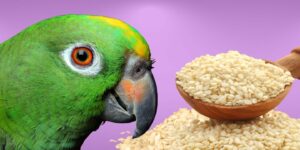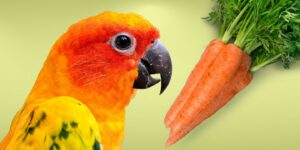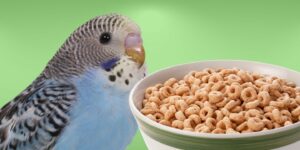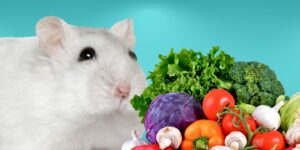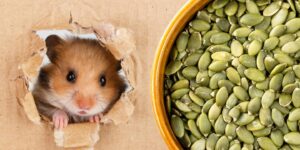The short answer is yes, dogs can technically eat cat food. However, cat food is not a suitable replacement for a balanced and nutritious diet designed specifically for dogs. It is important that dogs receive the proper nutrients to maintain their overall health.
Nutritional Differences Between Cat Food and Dog Food
Protein content
Cat food is generally higher in protein than dog food because cats require a higher protein intake for their biological needs. Dogs, on the other hand, need a balanced diet with a variety of nutrients.
Essential fatty acids
Cats require specific essential fatty acids, such as arachidonic acid, that are not found in the same proportions in dog food. These fatty acids play a crucial role in feline health and development.
Vitamin and mineral differences
There are also differences in the levels of vitamins and minerals found in cat food versus dog food, with each type tailored to meet the unique requirements of their respective species.
Taurine requirements
Cats require taurine, an essential amino acid, while dogs can produce this on their own. Taurine plays a vital role in maintaining heart health and vision in cats, but is not necessary for dogs in the same way.
Potential Health Problems from Feeding Dogs Cat Food
Nutritional deficiencies
Feeding your dog cat food on a regular basis can lead to nutritional deficiencies, as they will not be receiving the proper balance of nutrients needed for their overall health.
Pancreatitis and high fat content
Cat food tends to be higher in fat than dog food, which can contribute to pancreatitis and other health problems in dogs.
Obesity and weight gain
The higher calorie content in cat food can lead to weight gain and obesity in dogs, especially if they are consuming cat food regularly.
Allergies and food sensitivities
Some dogs may be allergic or sensitive to certain ingredients found in cat food, leading to itching, digestive upset, and other issues.
Safe Alternatives for Dog Treats
Commercial dog treats
There are many commercial dog treats available that can provide a healthy and enjoyable snack for your canine friend.
Homemade dog treats
Making homemade dog treats allows you to control the ingredients and ensure that your dog is receiving a balanced and nutritious snack.
Fruits and vegetables safe for dogs
Incorporating fruits and vegetables such as apples, carrots, and green beans into your dog's diet can provide additional nutrients and variety.
Signs to Watch for if Your Dog Eats Cat Food
Digestive upset
Monitor your dog for any signs of diarrhea, vomiting, or other digestive problems after consuming cat food.
Lethargy
If your dog becomes unusually lethargic or sluggish after eating cat food, it may indicate a health issue related to their diet.
Itching and skin issues
Watch for signs of itching, hair loss, or skin irritation that may be related to food sensitivities or allergies.
Changes in appetite or weight
Keep an eye on your dog's appetite and weight, as changes could indicate a problem with their diet or overall health.
What to Do if Your Dog Eats Cat Food Regularly
Consult with a veterinarian
If your dog has been consuming cat food on a regular basis, consult your veterinarian for guidance on how to transition them to a balanced dog diet and address any potential health concerns.
Gradually transition to a balanced dog diet
Slowly incorporate dog food into your pet's diet, mixing it with the cat food to help them adjust to the new flavors and textures.
Monitor your dog's health
Keep a close eye on your dog's overall health, watching for any signs of digestive upset, weight gain, or other issues that may be related to their diet.
Tips for Preventing Your Dog from Eating Cat Food
Separate feeding areas for cats and dogs
Create separate feeding areas for your pets to help prevent your dog from sneaking cat food.
Use a pet gate to block access to the cat's food
Install a pet gate or barrier to keep your dog away from the cat's feeding area.
Feed cats and dogs at the same time
Feeding both pets simultaneously can help prevent your dog from becoming interested in the cat's food.
Store cat food out of reach
Keeping cat food in a location that is inaccessible to your dog can help minimize the temptation.
Conclusion
In conclusion, while dogs can technically eat cat food, it is not a suitable replacement for a balanced and nutritious diet designed specifically for dogs. Occasional consumption of small amounts of cat food as a treat is generally safe, but it's essential to monitor your dog's reaction and adhere to proper portion sizes. If you have any concerns or questions regarding your dog's diet or health, consult with your veterinarian for guidance.



